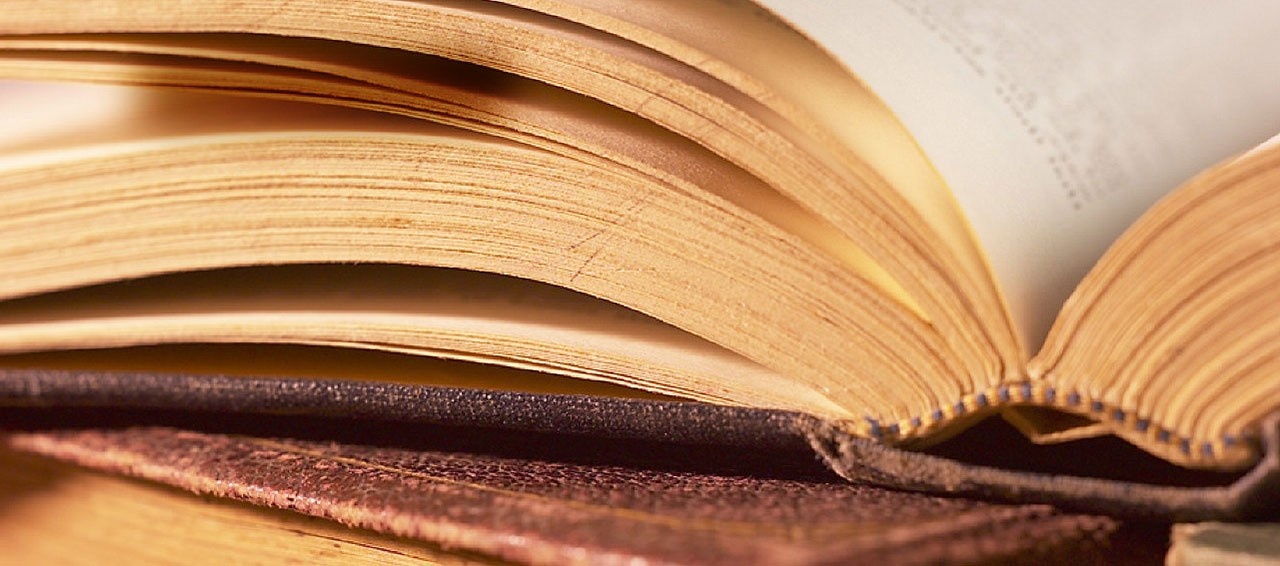ENGL 4465 Victorian Women Writers
Winter, Monday/Wednesday/Friday 9:35-10:25 Dr. Rohan Maitzen
Henceforward Charlotte Brontë’s existence becomes divided into two parallel currents—her life as Currer Bell, the author; her life as Charlotte Brontë, the woman. (Gaskell, The Life of Charlotte Brontë, 1857)
The notion that a woman’s identity as a woman conflicted with her identity as a writer underlay most 19th-century discussions of women’s writing and infected the work of most women writers of the period with a particular species of self-consciousness. Many Victorian women writers, such as Marian Evans (George Eliot), struggled to be considered simply as writers, with no categorizing modifier, and adopted male pseudonyms or published anonymously as the best means to this end. Other writers, such as Mrs. Gaskell, were best known by their married names, as if fending off accusations that they had ceased to be truly womanly when they ventured into print. Both naming strategies confirm how profoundly gender mattered (or was presumed to matter) to personal and authorial identity in the world of Victorian literature. The title and structure of this seminar asserts some commonality among the work of very different women writers based on just this recognition that even the denial of gender is an admission of the difference it makes. However, although we will assume that all Victorian women writers were in some respects in a common situation as they put pen to paper, we will keep alive the question of whether or in what respects gender matters to writing, to reading, and to criticism as we study their works. Our reading list includes autobiographical and biographical writing as well as fiction and poetry, all highlighting questions about what it meant to live and to write as a woman in the Victorian period. This mix of genres in our reading list will also allow us to look beyond the traditional generic divisions of Victorian literature
Tentative Book List (common readings for both 4465 and 5465)
· Custom Course Reader (selections from Robinson, ed., A Serious Occupation; Hamilton, ed., Criminals, Idiots, Women, and Minors; Stephenson, ed., 19th-Century Stories by Women)
· Margaret Oliphant, Autobiography (Broadview)
· Elizabeth Gaskell, The Life of Charlotte Bronte (OUP)
· Charlotte Bronte, Villette (OUP)
· Elizabeth Barrett Browning, Aurora Leigh (OUP)
· George Eliot, The Mill on the Floss (OUP)
